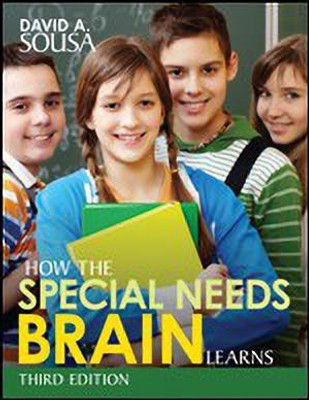How the Special Needs Brain Learns(English, Paperback, Sousa David A.)
Quick Overview
Product Price Comparison
Teaching students with learning challenges just got easier with this groundbreaking guide! More and more students are having difficulty acquiring basic reading, writing, and computation skills. If you seek effective strategies to meet their needs, look no further! Use this updated third edition from education expert David A. Sousa to explore the causes of many common learning disorders and discover how to identify, accommodate, and motivate your students. Dr. Sousa answers your questions about common disabilities and provides the latest alternative instructional approaches to ensure mastery occurs. Discover cutting-edge brain research and innovative instructional strategies to help you: Improve your understanding of the learning process Understand genetic and environmental triggers of learning problems Effectively instruct students with ADHD, LD, dyslexia, writing disabilities, autism, emotional and behavioral challenges, and more Utilize assistive technologies to remove barriers to learning Differentiate instruction in speech, reading, writing, and mathematics Learn how the brain works and the practical know-how to transfer that knowledge to the classroom for the benefit of all students. This expert resource shows you how! "By providing the specific neurological processes behind learning difficulties, Dr. Sousa gives teachers and teacher candidates a useful resource to understand and respond to challenges experienced by students with learning difficulties and special educational needs." Gina Garner, Assistant Professor of Education, Learning Disabilities Program Director Aquinas College "This book provides knowledge of the neurological basis of learning without inundating the reader with complex terminology. The author arms the reader with strategies to address various disabilities and a plethora of ways to support their learning and emotional needs. The teacher-friendliness of this book makes it stand out." Francine Del Vecchio, Associate Professor Division of Education, Caldwell University


